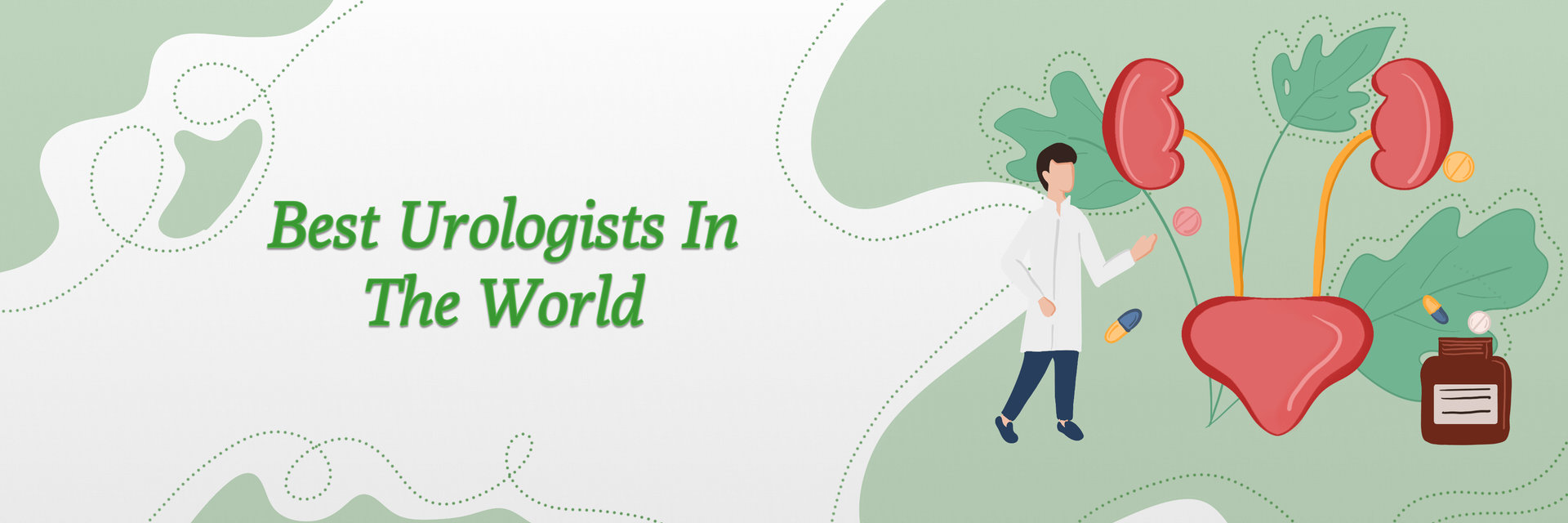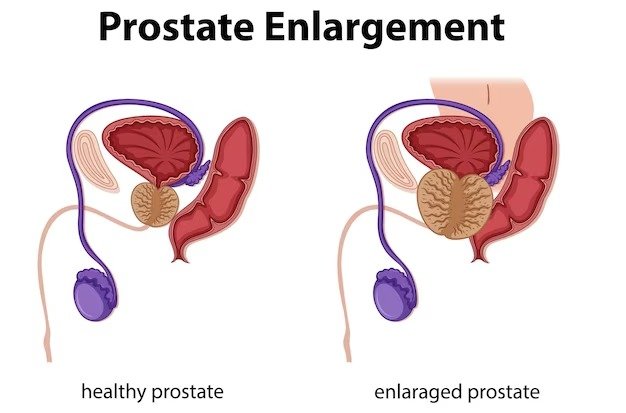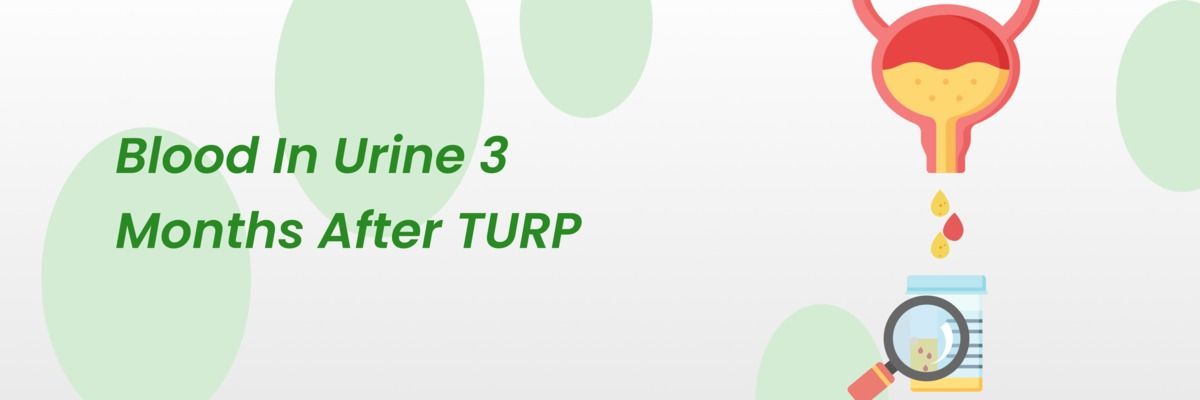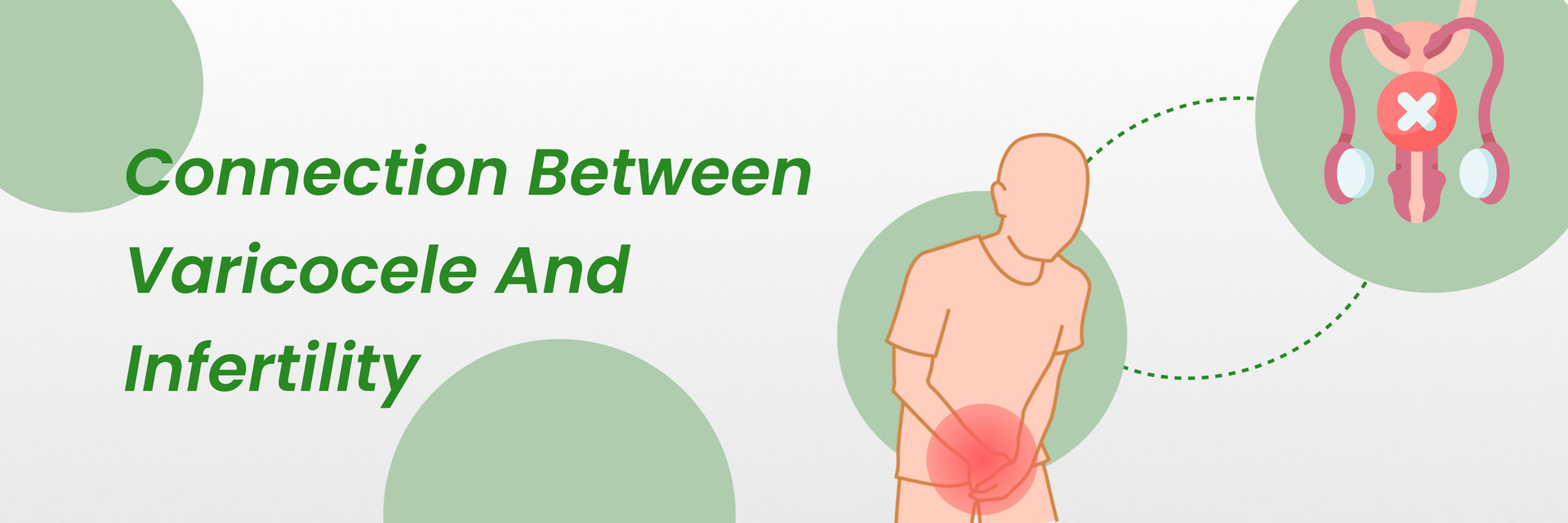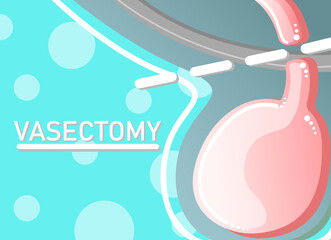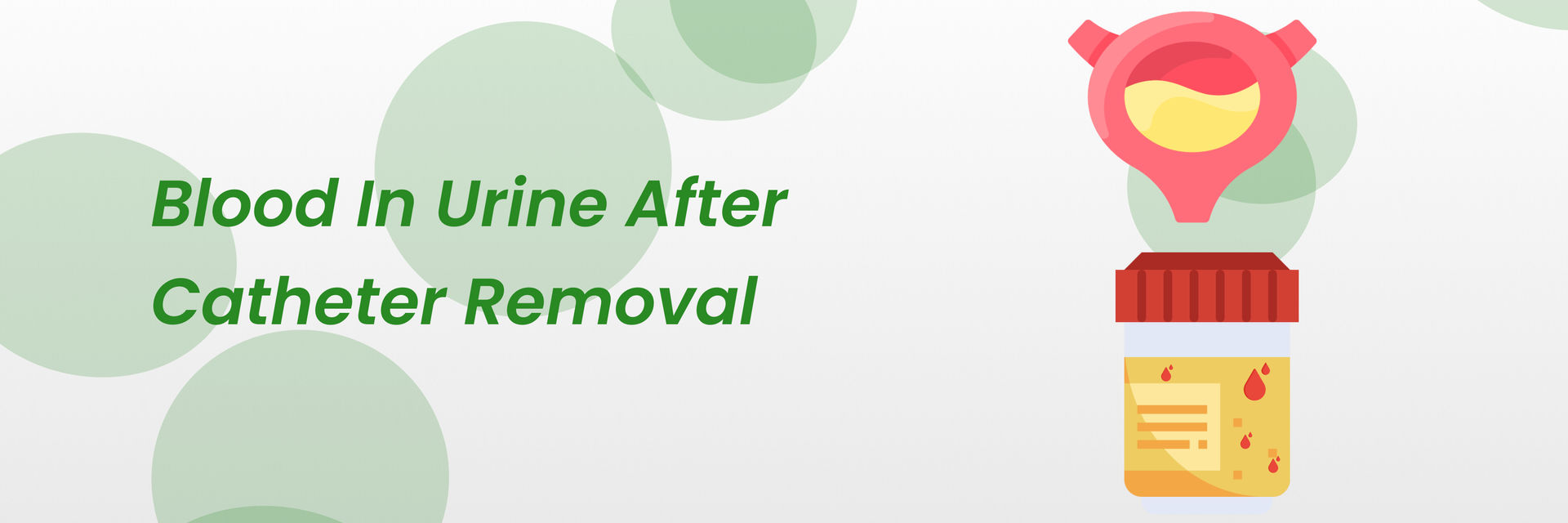Overview
A leaky bladder after a hysterectomy may result from changes in pelvic floor support or nerve damage during the surgery. Research indicates that up to 40-50% of women may experience some form of urinary incontinence post-surgery. Symptoms can range from occasional leaks during activities like coughing or sneezing (stress incontinence) to a sudden, strong urge to urinate (urge incontinence).
Consult a gynecologist to explore treatment options and regain your confidence. Book an appointment now!
Why Does a Leaky Bladder Happen After a Hysterectomy?
After a hysterectomy, some women may notice they have trouble controlling their bladder. Here are some reasons why this happens:
- Weakened Pelvic Muscles: Your pelvic muscles support organs like the bladder. When the uterus is removed, these muscles can become weak, making it harder to control urine.
- Nerve Damage: The nerves that control your bladder might get affected during surgery. This can lead to problems with bladder control.
- Changes in Bladder Support: The uterus supports the bladder. Once it’s removed, the bladder may shift position, which can make it harder to hold urine.
- Infections After Surgery: Sometimes, a urinary tract infection (UTI) or other problems after surgery can cause bladder leakage.
Signs of a Leaky Bladder After Hysterectomy
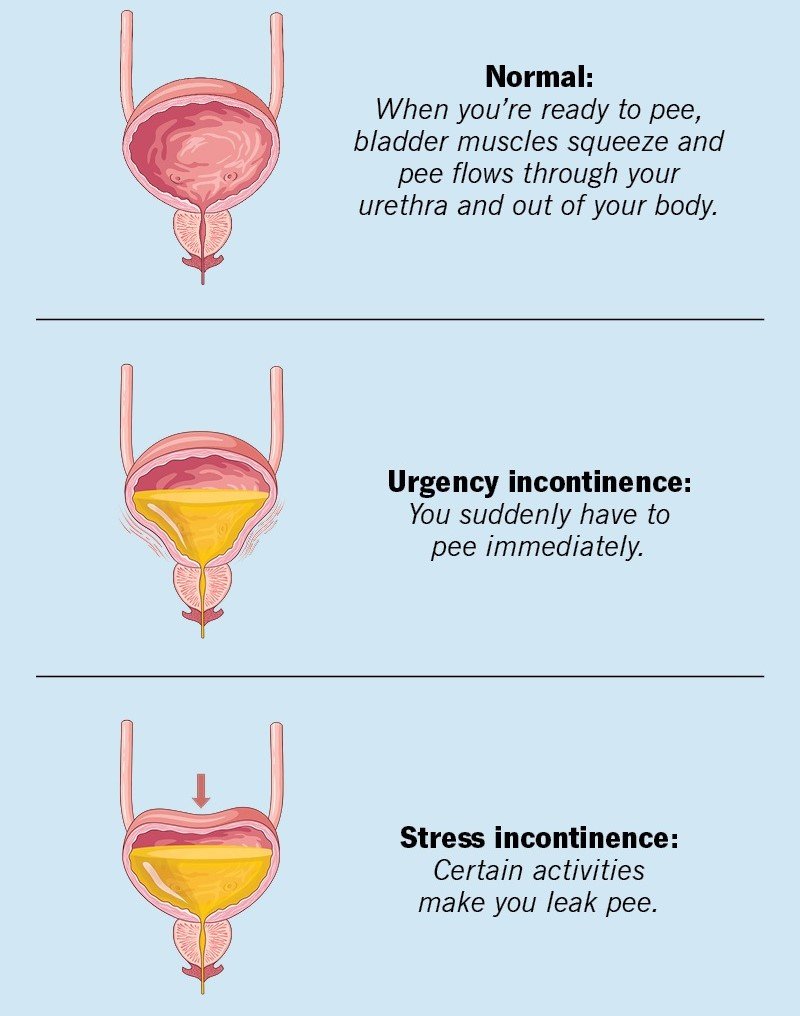
If you’re having bladder control issues after surgery, you may notice the following symptoms:
- Leaking urine when you cough, sneeze, laugh, or exercise.
- Sudden urges to urinate, sometimes resulting in leakage.
- Going to the bathroom more often than usual or feeling like you can't fully empty your bladder.
- Waking up at night to go to the bathroom
How to Treat a Leaky Bladder?
There are many ways to manage a leaky bladder after hysterectomy. The good news is that it can often be improved with the right treatment.
1. Pelvic Floor Exercises (Kegels)
These exercises strengthen the muscles that help control your bladder. By doing Kegels regularly, you can improve your bladder control.
2. Medications
Certain medications can help reduce the urge to urinate and prevent leakage. Your doctor can recommend the right ones for you.
3. Physical Therapy
A physical therapist specializing in pelvic health can teach you exercises to strengthen the muscles that control your bladder.
4. Bladder Training
This involves going to the bathroom at set times during the day and gradually increasing the time between bathroom visits. This can help train your bladder to hold urine longer.
5. Surgery
If other treatments don’t work, surgery may be an option to better support your bladder or fix any structural problems.
Lifestyle Tips to Manage a Leaky Bladder
In addition to medical treatments, making a few lifestyle changes can also help manage bladder leakage:
- Maintain a Healthy Weight: Extra weight can put pressure on the bladder and worsen symptoms.
- Avoid Certain Foods and Drinks: Caffeine, alcohol, and spicy foods can irritate the bladder and cause more leakage.
- Plan Bathroom Breaks: Going to the bathroom at regular intervals can prevent accidents.
Long-term Effects of Leaky Bladder After Hysterectomy
- Chronic Urinary Incontinence: Persistent leakage or difficulty controlling the bladder, which may worsen over time without treatment.
- Frequent Urinary Tract Infections (UTIs): Increased risk due to residual urine in the bladder or irritation from constant leakage.
- Pelvic Organ Prolapse: Weakened pelvic floor muscles may lead to prolapse, where pelvic organs shift out of their normal positions.
- Skin Irritation or Infections: Constant moisture from urine leakage can cause skin rashes, sores, or infections around the genital area.
- Emotional and Psychological Impact: Ongoing stress, anxiety, or embarrassment may affect daily life, social interactions, and overall well-being.
- Decreased Physical Activity: Fear of leaks may lead to avoiding exercise or other physical activities.
- Sexual Dysfunction: Discomfort or anxiety due to incontinence may negatively affect sexual health and intimacy.
Preventive Measures for Leaky Bladder After Hysterectomy
- Pelvic Floor Exercises (Kegels): Strengthening pelvic floor muscles before and after surgery can help improve bladder control.
- Maintain a Healthy Weight: Excess weight puts pressure on the bladder, so managing weight can reduce the risk of incontinence.
- Avoid Bladder Irritants: Limit intake of caffeine, alcohol, and spicy foods, which can irritate the bladder.
- Stay Hydrated: Drink adequate water, but avoid excessive fluid intake, which can strain the bladder.
- Bladder Training: Gradually increase the time between bathroom visits to improve bladder capacity and control.
- Avoid Heavy Lifting: Straining can weaken pelvic floor muscles, so it’s essential to avoid lifting heavy objects.
- Consider Physical Therapy: Specialized pelvic floor physical therapy can help strengthen muscles and improve bladder function.
- Use Pessary Devices: In some cases, a pessary device can provide support to the pelvic organs and reduce incontinence.
FAQs
1. Is bladder leakage after hysterectomy permanent?
For many women, leaky bladder after a hysterectomy can be temporary and improve with treatment, like pelvic floor exercises. In some cases, ongoing treatment may be necessary to manage the condition.
2. How soon after a hysterectomy can bladder issues start?
Bladder issues can begin soon after surgery or may develop over time. It’s important to follow up with your doctor if you notice any urinary problems post-surgery.
